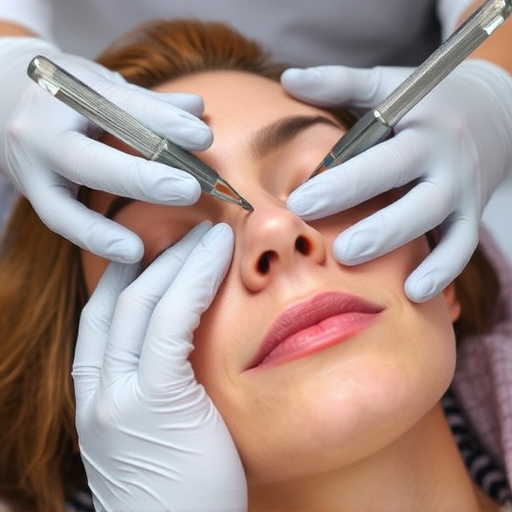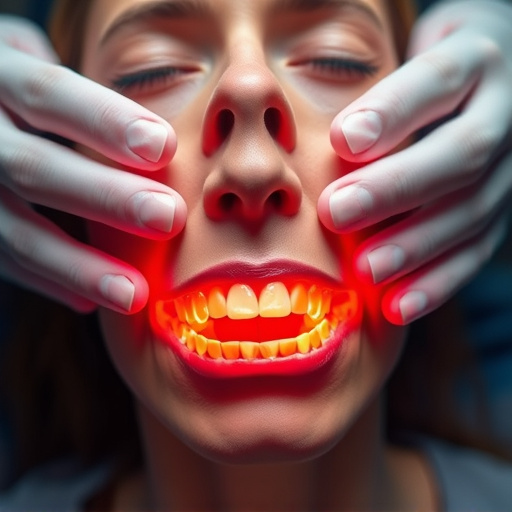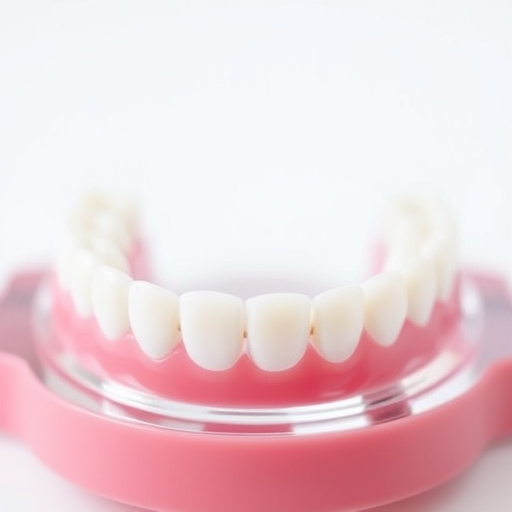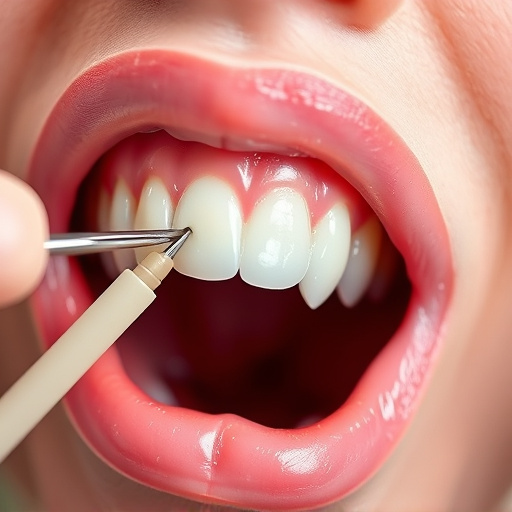Special needs dentistry is a specialized oral health field catering to individuals with disabilities, focusing on tailored care and equal access to quality dental services. Dentists in this area address unique challenges like physical or cognitive impairments, offering adaptive techniques, specialized equipment, and preventive strategies. This holistic approach prioritizes health promotion and ensures comprehensive, inclusive care for underserved patients with special requirements.
Special needs dentistry is a vital niche within oral health care, dedicated to providing comprehensive dental services for individuals with diverse requirements. This field ensures that everyone, regardless of their abilities or challenges, has access to essential dental care. The article explores key aspects of special needs dentistry, including understanding this specialized practice, overcoming unique challenges in treatment, and implementing strategies to foster oral health equality in communities worldwide.
- Understanding Special Needs Dentistry: A Niche Field for Oral Health Professionals
- Overcoming Challenges: Providing Dental Care to Individuals with Special Needs
- Fostering Oral Health Equality: Strategies and Best Practices for Inclusive Dental Services
Understanding Special Needs Dentistry: A Niche Field for Oral Health Professionals

Special needs dentistry is a niche field within oral health that focuses on providing care for individuals with various disabilities and developmental conditions. It’s a crucial area as these patients often require unique, tailored approaches to maintain their oral health. Dentists in this specialization are trained to understand and accommodate the specific challenges faced by people with special needs, ensuring they receive the same level of quality dental care as everyone else. This includes addressing issues related to physical disabilities, cognitive or intellectual impairments, autism spectrum disorder, and more.
By specializing in special needs dentistry, professionals can offer a range of services beyond general oral health practices. This may involve adaptive techniques for examination and treatment, specialized equipment, and tailored preventive strategies. For instance, they might provide guidance on managing oral hygiene for patients with limited mobility or recommend restorative dentistry solutions like dental implants to replace missing teeth, enhancing overall oral function and confidence. Unlike cosmetic dentistry or focusing solely on restorative procedures, special needs dentistry is primarily concerned with equal access to oral care, promoting health, and improving the quality of life for this underserved population.
Overcoming Challenges: Providing Dental Care to Individuals with Special Needs

Providing dental care to individuals with special needs presents unique challenges that demand tailored and compassionate approaches. These patients often require specialized services due to physical, cognitive, or emotional disabilities, which can make routine oral healthcare inaccessible. Overcoming these challenges necessitates a multidisciplinary team, including dentists, specialists, and caregivers, to ensure comprehensive and inclusive treatment.
Special needs dentistry focuses on addressing the specific requirements of this patient population. For instance, managing conditions like autism spectrum disorder may require adaptive behaviors during cleanings, while individuals with limited dexterity might benefit from simplified oral hygiene routines. Moreover, advanced procedures such as clear aligners or cosmetic fillings can enhance aesthetics and functionality, improving overall oral health outcomes for these patients. Regular dental cleanings and check-ups are vital to preventing and managing conditions early on, thereby fostering better long-term health equality.
Fostering Oral Health Equality: Strategies and Best Practices for Inclusive Dental Services

Fostering oral health equality is a multifaceted challenge that requires dental professionals to adopt inclusive practices and strategies tailored to the diverse needs of patients with special requirements. Special needs dentistry goes beyond basic treatment, emphasizing holistic care that respects individual differences, from physical disabilities to cognitive or developmental challenges. This involves creating an accessible environment, utilizing modified equipment, and employing communication methods suitable for each patient’s unique circumstances.
To ensure inclusive dental services, consider incorporating best practices such as providing personalized education tailored to specific needs, offering a range of treatment options including cosmetic fillings and dental crowns adapted for special needs patients, and ensuring staff training in special care techniques. By embracing these strategies, dental clinics can become more welcoming spaces, promoting not just oral health but also overall well-being for all individuals, regardless of their abilities or challenges.
Special needs dentistry is a vital field that aims to ensure oral health equality for all. By understanding the unique challenges faced by individuals with special needs, dental professionals can overcome barriers and provide inclusive care. Adopting best practices and strategies highlighted in this article fosters an environment where everyone has equal access to quality dental services, promoting overall well-being and social inclusion.














